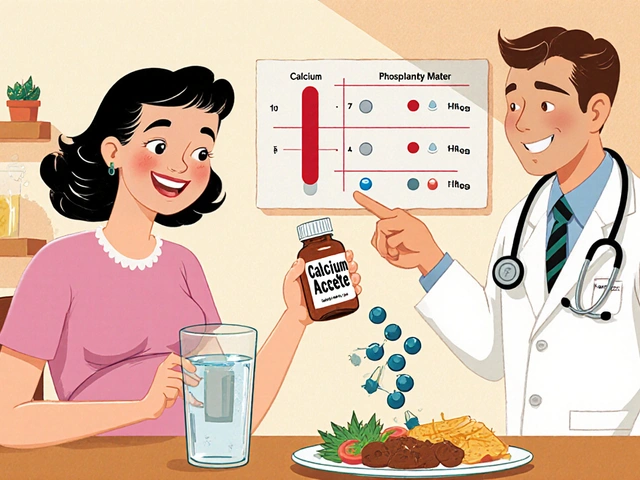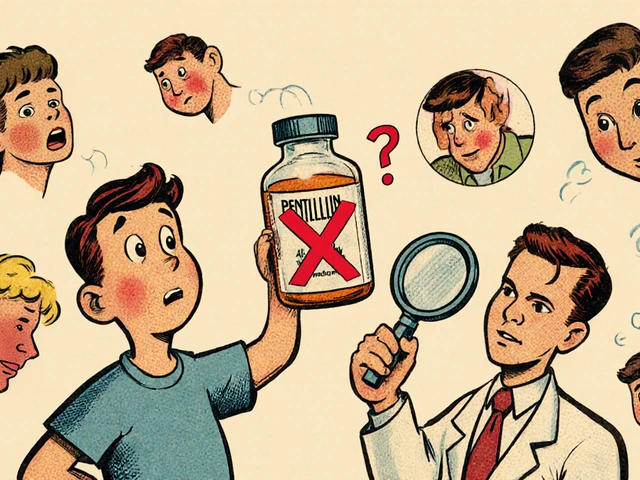Expecting Mothers: Essential Medication & Supplement Guide for a Healthy Pregnancy
Congrats on the baby bump! While you’re busy feeling those little kicks, it’s a good time to sort out which medicines and supplements are safe, which you should avoid, and how to keep yourself feeling great throughout the nine months.
Safe Medications to Consider
Not every drug is off‑limits when you’re pregnant, but the rule of thumb is to stick with what doctors approve. Acetaminophen (Tylenol) is usually fine for occasional pain or fever, but ibuprofen and aspirin should stay out of the picture after the first trimester because they can affect the baby’s heart and blood flow.
If you have a chronic condition like asthma, high blood pressure, or thyroid problems, talk to your health‑care provider about the best options. In many cases, staying on the same prescription at a low dose is safer than stopping abruptly. For example, low‑dose aspirin might be recommended for women at risk of preeclampsia, but only under close supervision.
When you need antibiotics, most of the common ones—amoxicillin, azithromycin, and ceftriaxone—are considered low risk. The key is to finish the full course and never self‑prescribe. If a medication sounds unfamiliar, a quick Google search can give you a hint, but always double‑check with a pharmacist or your doctor before taking it.
Prenatal Supplements You Can Trust
Think of prenatal vitamins as a safety net for nutrients you might miss in diet alone. The biggest player is folic acid, which helps prevent neural tube defects. Aim for at least 400 µg daily, and bump it up to 600–800 µg if you’re already pregnant.
Iron is another must‑have because blood volume rises dramatically. Look for a prenatal formula that supplies 27 mg of iron, but be ready for a bit of stomach upset—taking it with food or at bedtime often helps.
Vitamin D and calcium keep bones strong for both you and the baby. A combo that offers 600–800 IU of vitamin D and 1000 mg of calcium works well. If you’re lactose intolerant or vegan, a plant‑based supplement can fill the gap, just check the label for added B12.
Omega‑3 fatty acids, especially DHA, support brain development. A daily 200‑300 mg DHA supplement is a good target. Many prenatal brands include it, but you can also get it from safe fish oil products that are mercury‑free.
Finally, keep an eye on any herbal or over‑the‑counter products you reach for out of habit—like ginger for nausea or peppermint for heartburn. In small amounts they’re usually okay, but higher doses may trigger contractions. Talk it over with your midwife before making them a regular part of your routine.
Balancing meds and supplements isn’t rocket science, but it does need a bit of planning. Write down every pill, vitamin, and herb you take, and bring the list to each prenatal appointment. That way your provider can spot any risky combos before they become a problem.
Remember, every pregnancy is unique. What works for one expecting mother may not be the best for another. Trust your instincts, stay informed, and keep the conversation open with your health team. With the right meds and supplements, you’ll give your baby the strongest start possible while feeling your best along the way.





